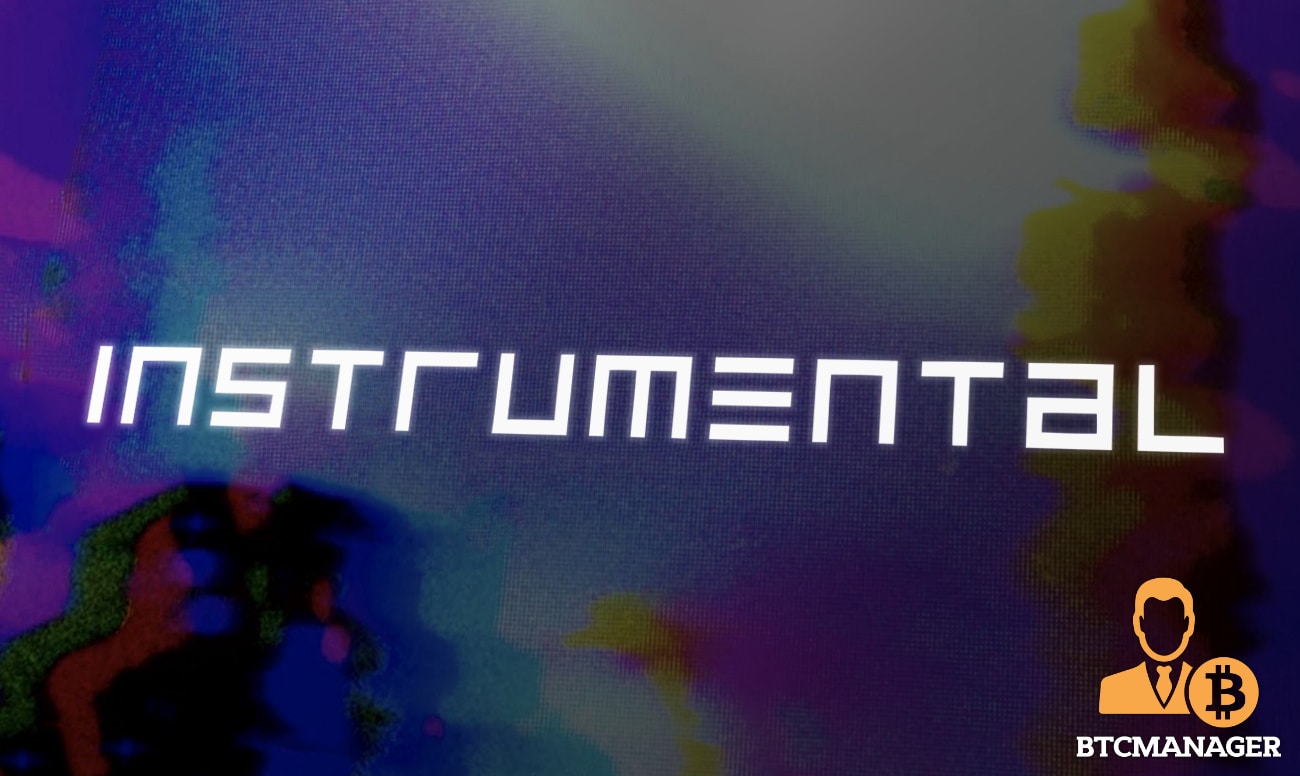Why Instrumental Finance Will Help Fix Inefficiencies in Liquidity Provisioning

Liquidity provisioning is arguably one of the most important developments in DeFi to date allowing innovators and end-users to explore new boundaries per financial instruments without the usual go-betweens. The concept of liquidity provisioning, whether inbound or outbound, has quickly established itself as the essence for the burgeoning DeFi industry’s continued growth, growing more than 1,000% since the March Covid market crash of 2020.
However, as DeFi advances into the future at full speed, challenges to liquidity provisioning (LPing) continue to grow. A siloing effect has emerged in the industry due to a lack of interoperability between the different layer 2 and layer 1 solutions and their respective applications. Meanwhile, the success of liquidity provisioning is dependent on moving in and out of trade positions to maximize earnings at the slightest cost.
Without interoperability solutions, transferring assets from different protocols on different layers becomes extremely difficult. This can ultimately discourage liquidity providers; the time and fees it takes to switch their LP position to one on another chain or layer may no longer be worth the new yield opportunity. Thus, users are unable to maximize their earnings, and the use case of liquidity provisioning falls short.
Instrumental Finance presents a new solution that attempts to alleviate these interoperability problems for liquidity providers and the larger DeFi ecosystem. Instrumental is a chain and layer-agnostic solution directing LP positions through various L1 and L2 scaling solutions. Its solution is able to help facilitate asset transfers, swaps, and the creation and support of complex LP strategies for its users. By doing so, Instrumental can help liquidity providers access new yield opportunities that currently are not available to them.
Incubated by Composable Labs, the incubation arm of Composable Finance, Instrumental is taking advantage of the software development kit (SDK) and cross-layer asset swapping Mosaic tool from Composable Finance. This allows Instrumental to power the Instrumental Vault, their main feature that helps users optimize their LP yield across different L2s and L1.
Instrumental will also benefit from L2 and L1 solutions already linked to Composable’s Mosaic tool, such as Arbitrum, Polygon, the Avalanche C-Chain, and Moonriver. This strategic relationship with Composable will help Instrumental enable and deliver yield opportunities to an even broader community of users.
Instrumental’s strategy addresses the barriers to LPing head-on in order to optimize yield for its users. It solves interoperability issues by bridging between chains and layers, setting the stage for Instrumental to essentially become a money lego. This allows for future applications to build off of this foundation and benefit from Instrumental’s innovations.
Other solutions in the industry currently unmatch this approach to solving the problems that plague liquidity provisioning. Instrumental’s innovative solution puts it in a position to lead DeFi into the future of decentralized liquidity providing, allowing the industry to continue to grow in the right direction.














